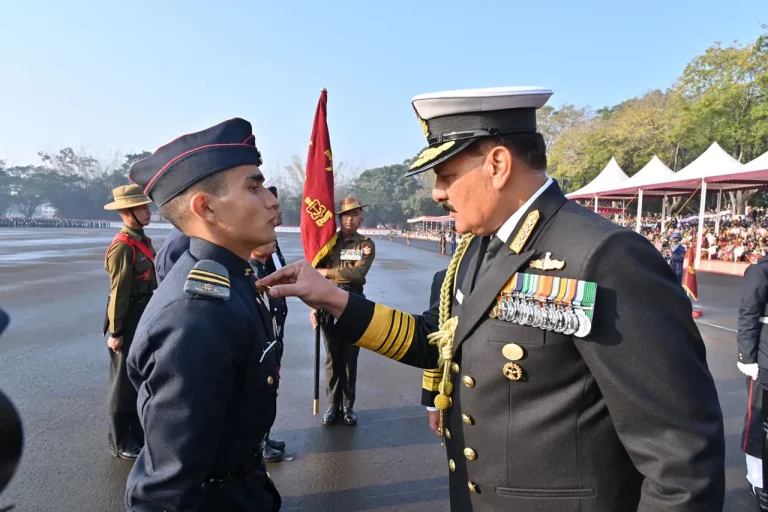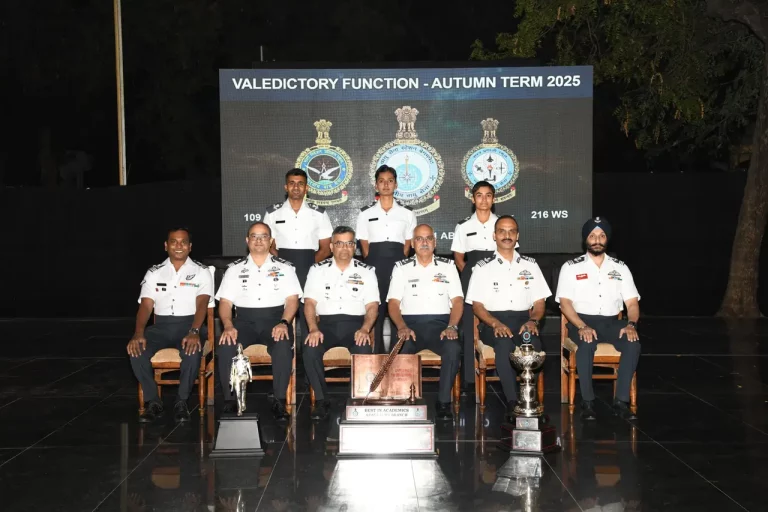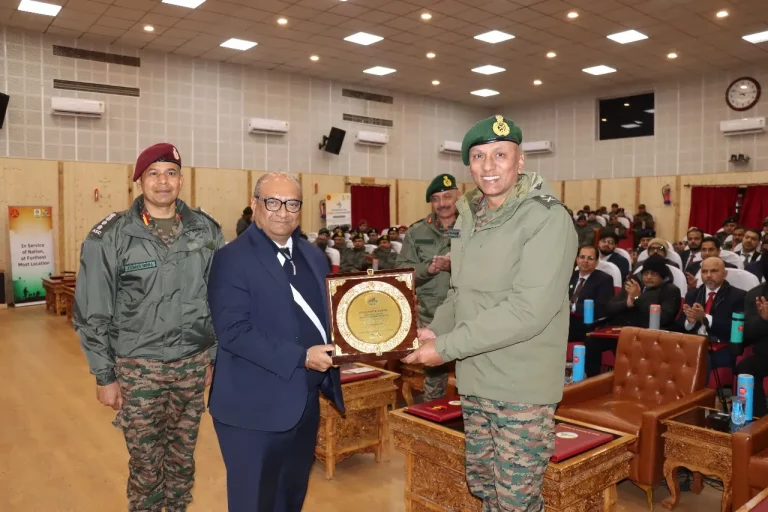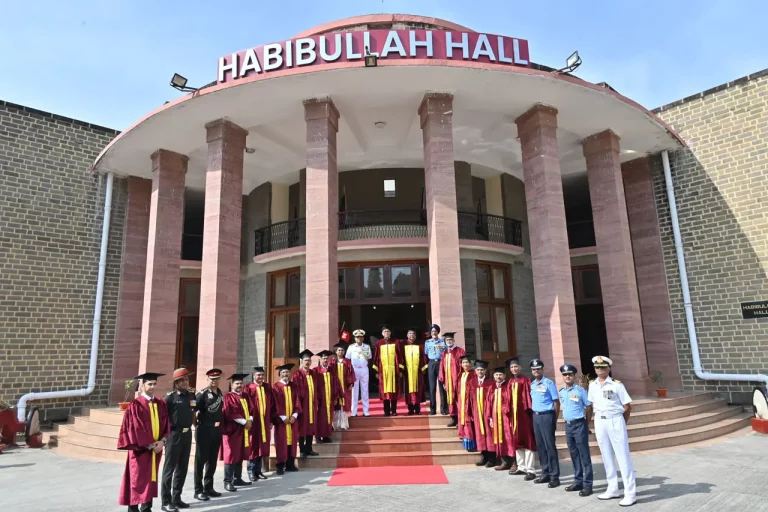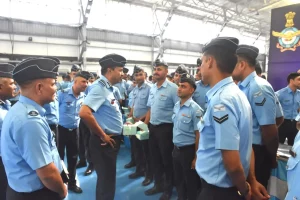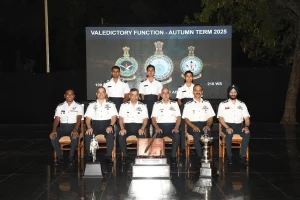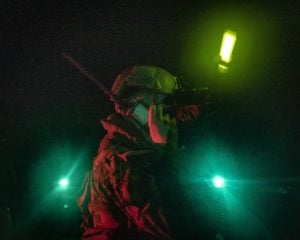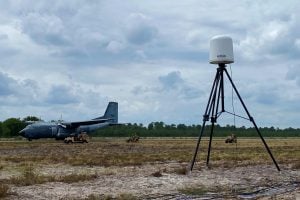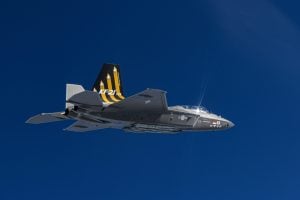In a significant advancement for India’s drone capabilities, Gurugram-based defense tech company DroneVerse has successfully completed high-altitude flight trials of its Rudra-7 First-Person View (FPV) combat drone at 21,000 feet above sea level, near Leh. This achievement marks a pivotal moment in unmanned aerial vehicle (UAV) performance, particularly in the extreme conditions of the Himalayan region.
The trials successfully validated the drone’s stability, endurance, and targeting accuracy amid the region’s rarefied air and sub-zero temperatures. The Rudra-7 exhibited exemplary flight control stability, target-lock precision, and robust real-time video transmission, even in the face of turbulent winds and the low air density characteristic of high-altitude environments. The drone’s adaptive flight algorithms and fine-tuned propulsion system enabled it to operate effectively under reduced atmospheric pressure.
During the test missions, the Rudra-7 showcased its capabilities through high-speed vertical climbs, precision strike simulations, and live target engagements, all while maintaining minimal control latency and delivering high-definition visual outputs. These features not only underscore the drone’s potential for tactical applications but also demonstrate its readiness for real-world combat scenarios.
In recognition of this technological breakthrough, the Indian Army has presented DroneVerse with an Army Commendation for Innovation and Technical Excellence. This honor acknowledges the Rudra-7’s potential to revolutionize UAV-based assault and reconnaissance operations in mountainous terrains, where conventional systems often face limitations.
Engineered for frontline combat, the Rudra-7 FPV drone boasts swarm-compatibility, which facilitates coordinated multi-drone missions. Its lightweight carbon-composite airframe provides both agility and durability, while modular payload slots allow for easy configuration for various applications, including explosive warheads, surveillance pods, or electronic warfare systems tailored to specific mission requirements.
Looking ahead, DroneVerse engineers confirmed that the successful trials in Leh will serve as a foundation for future upgrades, including extended endurance and autonomous navigation improvements. The drone is also set for mass production under the ‘Make in India’ initiative, further bolstering domestic defense capabilities.
The Indian Army’s evaluation team has reportedly incorporated the Rudra-7 into its integration roadmap for new-generation FPV attack drones, paving the way for broader operational deployment in high-altitude and contested areas. The success of the Rudra-7 at such altitudes emphasizes India’s commitment to technological self-reliance in advanced aerial warfare and highlights the capabilities of domestic innovators to develop systems tailored for the most challenging combat conditions.



